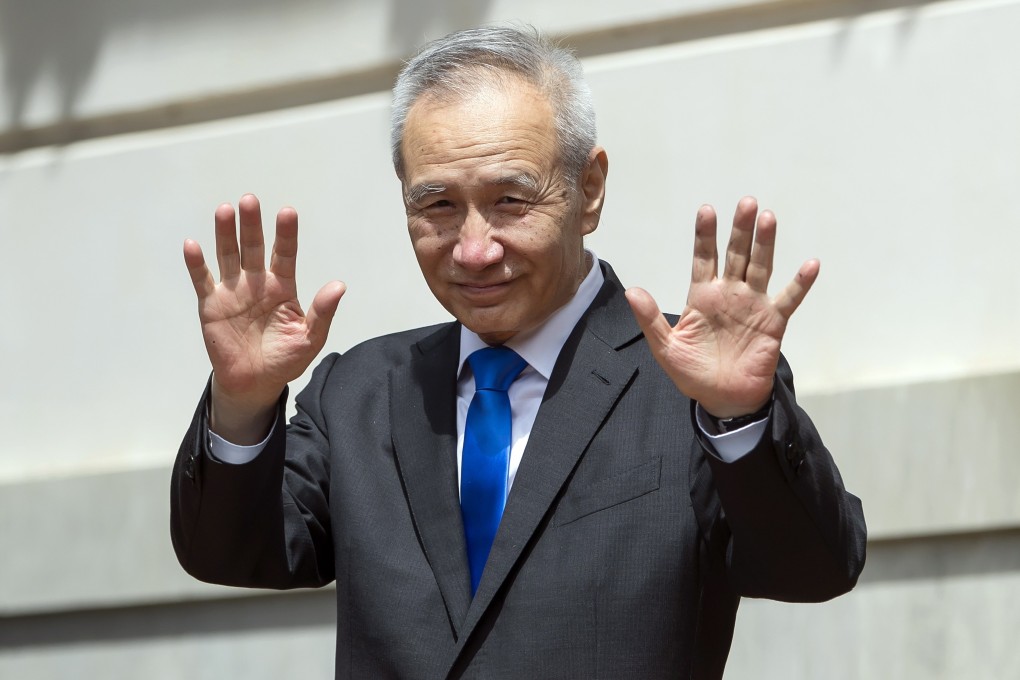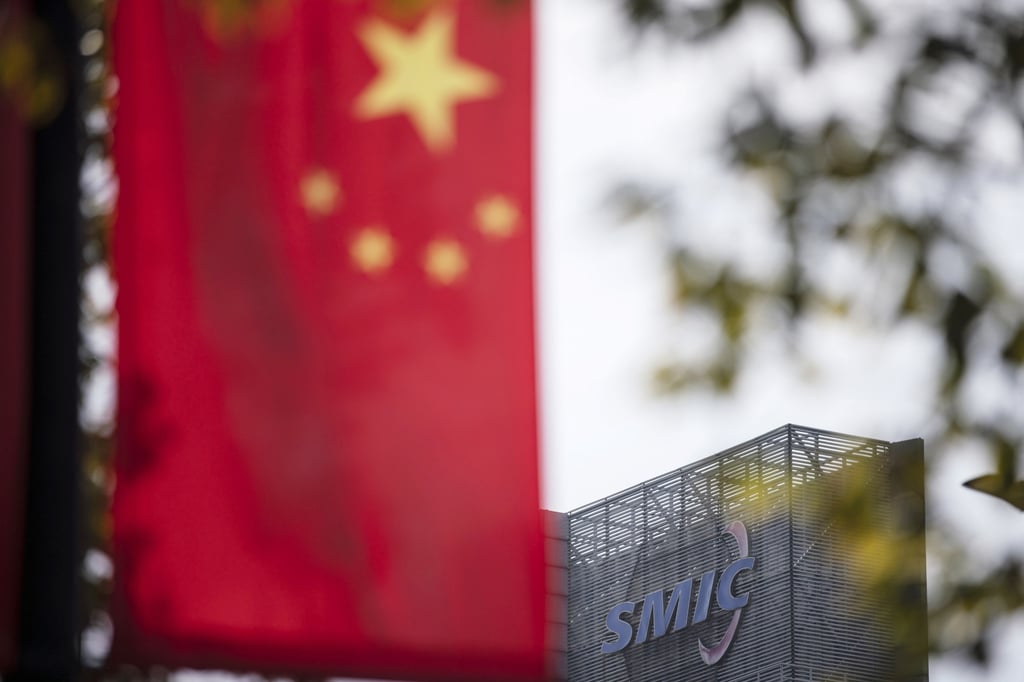Xi Jinping taps top lieutenant to lead third-generation chip development in battle against US sanctions
- Chinese President Xi Jinping picks economic adviser Liu He to lead the country’s efforts to spur a new generation of chip development in self-sufficiency push
- Looking beyond traditional silicon-based chips gives China its best chance at overcoming hurdles from US sanctions and resistance from other countries

Chinese President Xi Jinping is renewing his years-long push to achieve technology self-sufficiency by tapping a top deputy to shepherd a key initiative aimed at helping domestic chip makers overcome US sanctions.
Liu He, Xi’s economic tsar whose sprawling portfolio spans trade to finance and technology, has been tapped to spearhead the development of so-called third-generation chip development and capabilities and is leading the formulation of a series of financial and policy supports for the technology, according to people with knowledge of the matter.
It’s a nascent field that relies on newer materials and gear beyond traditional silicon and is currently an arena where no company or nation yet dominates, offering Beijing one of its best chances to sidestep the hurdles slapped on its chipmaking industry by the US and its allies. The sanctions, which emerged during Donald Trump’s presidency, have already smothered Huawei Technologies Co’s smartphone business and will impede longer-term efforts by chip makers from Huawei’s HiSilicon to Semiconductor Manufacturing International Corp to migrate toward more advanced wafer fabrication technologies, threatening China’s technological ambitions.
“China is the world’s largest user of chips, so supply chain security is of high priority,” said Gu Wenjun, chief analyst at research firm ICwise. “It’s not possible for any country to control the entire supply chain, but a country’s effort is definitely stronger than a single company.”

The involvement of one of Xi’s most-trusted lieutenants in China’s chip efforts highlights the importance accorded by Beijing to the initiative, which is gaining urgency as rivals from the US to Japan and South Korea scramble to shore up their own industries. The Chinese president has long called upon his Harvard-educated adviser to tackle matters of top national priority, making him the chief representative in trade negotiations with the US as well as chairman of the Financial Stability and Development Committee, where Liu leads the charge to curb risks in the nation’s US$5-trillion-plus financial sector.